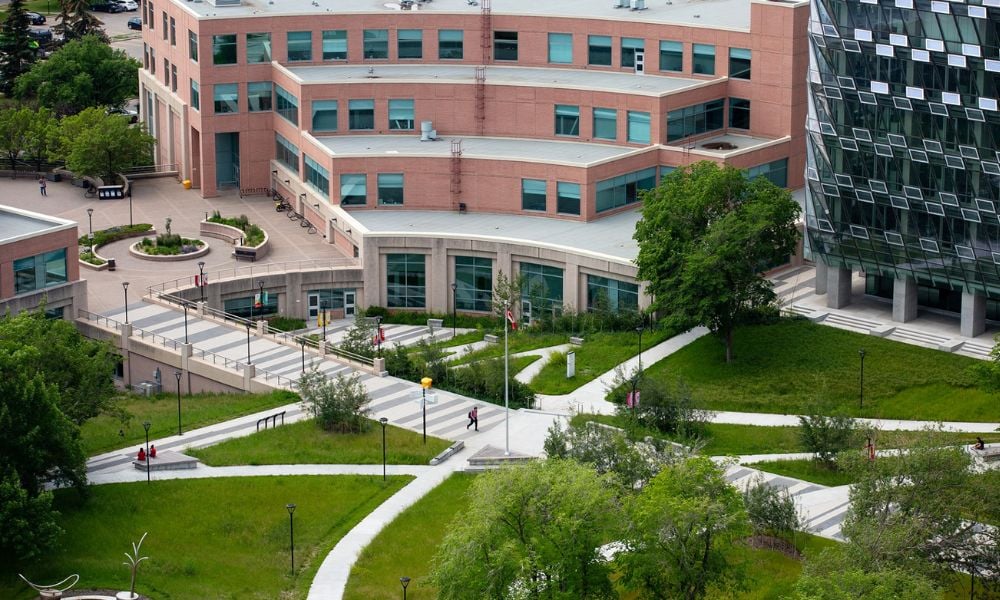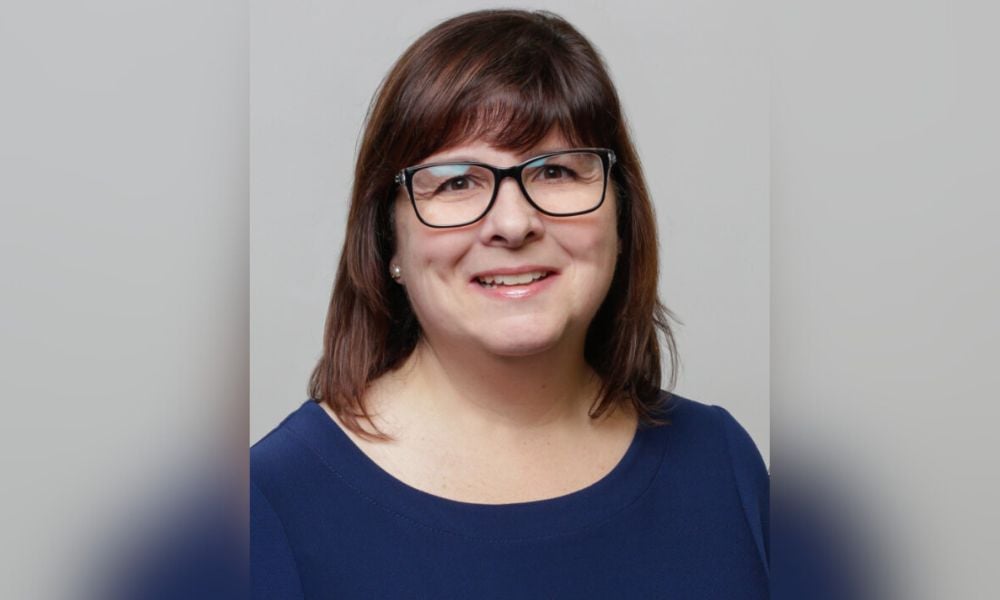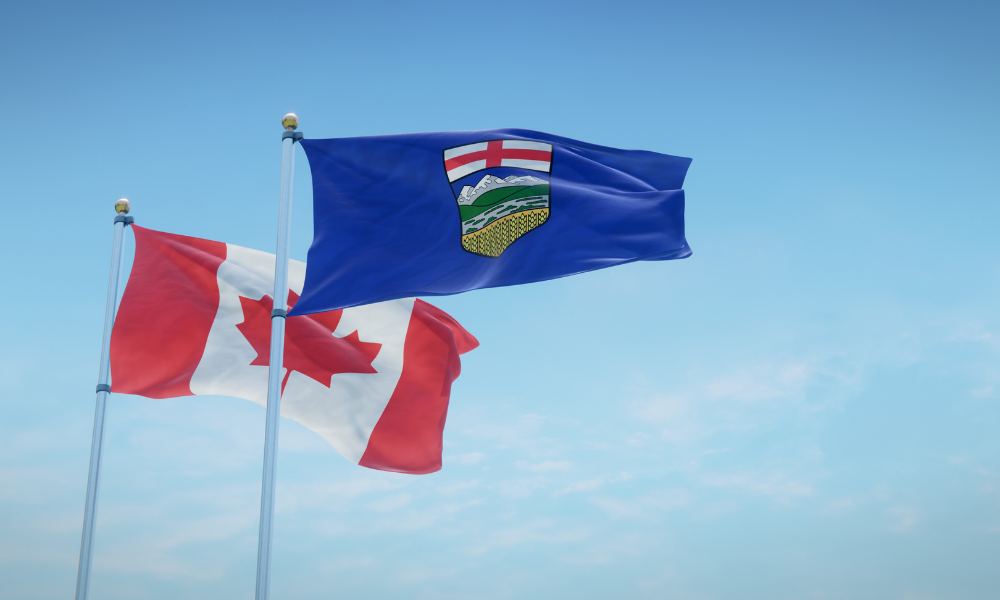Graduate programs meet contemporary needs for navigating rapidly changing legal environment

This article was provided by the University of Calgary
Nestled in the heart of Canada’s most innovative city, the University of Calgary Faculty of Law has graduate programs to meet contemporary needs for legal professionals who can navigate our rapidly changing legal environment. World-renowned as leaders in natural resources, energy, and environmental law (NREEL), our researchers and graduate students are conducting ground-breaking research not only in areas related to net-zero emissions and the global energy transition but also in business, cyber and national security, technology law, legal history, and social justice.
Our longstanding area of research leadership
The University of Calgary Faculty of Law offers a range of courses and research opportunities in energy and environmental law topics, including climate change law, impact assessment, endangered species, adaptive management, renewable energy, alternative energy projects, and mining and critical minerals. Graduate students can explore how energy and environmental law intersect and interact with constitutional law, democratic principles, human rights, and Indigenous rights.
Most Read
We’re more than energy and environmental law
The expertise in the Faculty of Law allows students to dive into such topics as the legal implications of artificial intelligence, the regulation of technology or free speech, national security law, the complexities of online financial transactions, international economic law (trade, investment, tax), social justice challenges such as gender-based/family violence, health, and legal history. Our professors are exploring some of the most pressing issues facing society today, and making an impact on the way laws and policies are developed across a broad spectrum of issues. Whatever your passion, thesis- and course-based LLM programs can be created to meet your needs.
According to Graduate Program Director Lyndsay Campbell, “Our faculty has grown significantly in the last decade. We are building on our well-established strength in environmental and energy law and have developed unique expertise in research areas that are vital to Canada’s future. We have experts in internet law and regulation, in national security, in business and economic law and regulation, in the history of Indigenous and settler law in Canada, in health law, and in constitutional and human rights issues. We have strong transdisciplinary connections to researchers in other parts of the University of Calgary, which allow us to offer students educations that fit their goals and priorities.”
Read next: Learn how to get into health law
Programs provide immediate impact
Interested in gaining knowledge that can be used in your legal practice right away? Our post-baccalaureate certificate in NREEL or our course-based Master’s of Law (LLM) programs can enhance your knowledge in as little as one year, setting you and your organization up for success in a variety of areas. If you’re interested in digging deeper into research, our thesis-based LLM and PhD programs allow you to explore your areas of interest under the supervision of our outstanding academics. We offer specializations to LLM students in our Natural Resources, Energy and Environmental Law programs.
For those looking to expand their practical knowledge in energy and environmental management, the interdisciplinary Master’s in Sustainable Energy Development brings together experts from the Faculty of Law, the Schulich School of Engineering, the Haskayne School of Business, The School of Public Policy, and the School of Architecture, Planning and Landscape., engineering, business, and the schools of public policy and architecture, planning and landscape.
Our faculty members include a Canada Research Chair in Cybersecurity Law, a UCalgary Research Excellence Chair in gender-based and family violence, a Chair in Business Law and Regulation, and the N. Murray Edwards Chair in Business Law. We are home to the Alberta Civil Liberties Research Centre and the Public Interest Law Clinic, and work closely with the Alberta Law Reform Institute. Several of our faculty members are cross appointed with the Haskayne School of Business, The School of Public Policy, and the Faculty of Arts.
The Faculty of Law at the University of Calgary is also home to the Canadian Institute of Resources Law, Canada's leading centre of expertise on energy and environmental law and policy relating to our country’s natural resources.
Applications for a September 2024 start are now open and are due December 1. To find out more, visit law.ucalgary.ca/future-students/graduate-programs.










